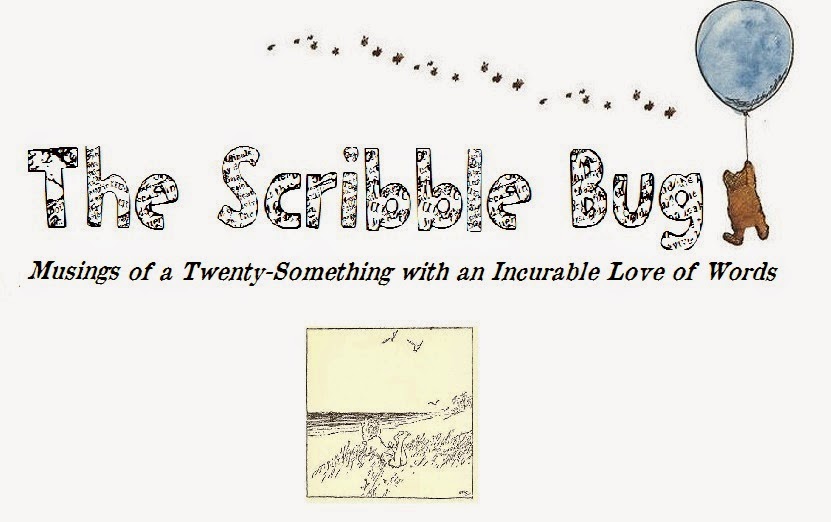Welcome to Durham.
My third university in five years.
I've begun to realise these past few weeks that somehow I've a tendency to live in beautiful places surrounded by history and brilliant people.
I grew up outside of London, surrounded by fields and with a view of the night sky, then I went to school in a rather idyllic spot on Hertford Heath before I fled north for university. There, I settled into the Jekyll and Hyde wonder that is Edinburgh and after two years, I took a break to travel West. All the way to the sunny blue skies of North Carolina for a study abroad year that inspired the creation of this blog. Of course, after returning to my beloved Scottish home-away-from-home for my final year, I graduated, worked all summer and ended up moving for my postgraduate year to here. Durham. Another beautiful city swathed in history both ancient and less ancient.
But before I tell you about any of my adventures thus far, here are some rumour-based Frequently Asked Questions that required an answer:

DURHAM IS A SCHOOL FOR ANTS Everyone has a habit of thinking of Durham as a tiny wee town in the middle of no where, but compared to Chapel Hill, Durham is a thriving metropolis. Plus it's right next to Newcastle so when a dose of city life is needed, it's not too hard to hop a train to somewhere a little bigger. Also, when I think about how many places students used in Edinburgh, it probably averages out - only it's all in one place here... rather than a slog down Lothian Rd.
DURHAM STUDENTS ARE OXBRIDGE REJECTS Ok so this may have a kernel of truth in it somewhere, lots of people both undergrads and postgrads seem to have at least considered either Scylla or Charybdis whilst they were applying. And 'Never Have I Ever Applied to Oxford' is a regular laugh. But then a huge number of my Edinburgh friends were also post-Oxbridge applicants. And several people I know who attended Manchester or Exeter or went overseas. Durham's not really so different from any top university in this regard.
EVERYONE MARRIES EVERYONE ELSE Admittedly, I happen to know one of the cutest examples of Durham Marriage statistics (they're currently retired and coming up to their 30th Anniversary) but I'm not sure if it's completely true what they say about marrying your Duzza boyfriend or girlfriend. As of now, I've heard that 1/10 students marry their S/O from Durham, that 1/4 marry their S/O from Durham, that 1/5, 1/25, 1/100 marry their S/O from Durham... I think we need a statistic that everyone can agree on.
| Rah Rah Rah Blahblahblueblah |
DURHAM STUDENTS ARE ALL BLUE-BLOODED I've yet to meet a lord. Actually, I've yet to meet an heir/ess of any kind. That's not to say they're not here (I know my sister has a couple friends with lives straight out of Made In Chelsea) but they don't inundate the market square. Especially not on a Friday.
BUT THEY ARE ALL SOUTHERN RIGHT? There are a lot Southerners here at Durham - myself included - and even those people who aren't RP-English speaking folk from the Home Counties somehow speak like they are. It took me all of three weeks to realise that one guy in halls is actually Welsh because he speaks like Prince William and no matter how many times I'm told that another boy is from Cornwall, I just can't hear it. As it turns out, despite the neutralising effect Durham Cathedral's shadow has upon dialectal differences, there are people from all over the country and all over the world.
So there are some of the rumours and some of the truths. I will tell you adventures next time.
Je serai poète et toi poésie,
SCRIBBLER








